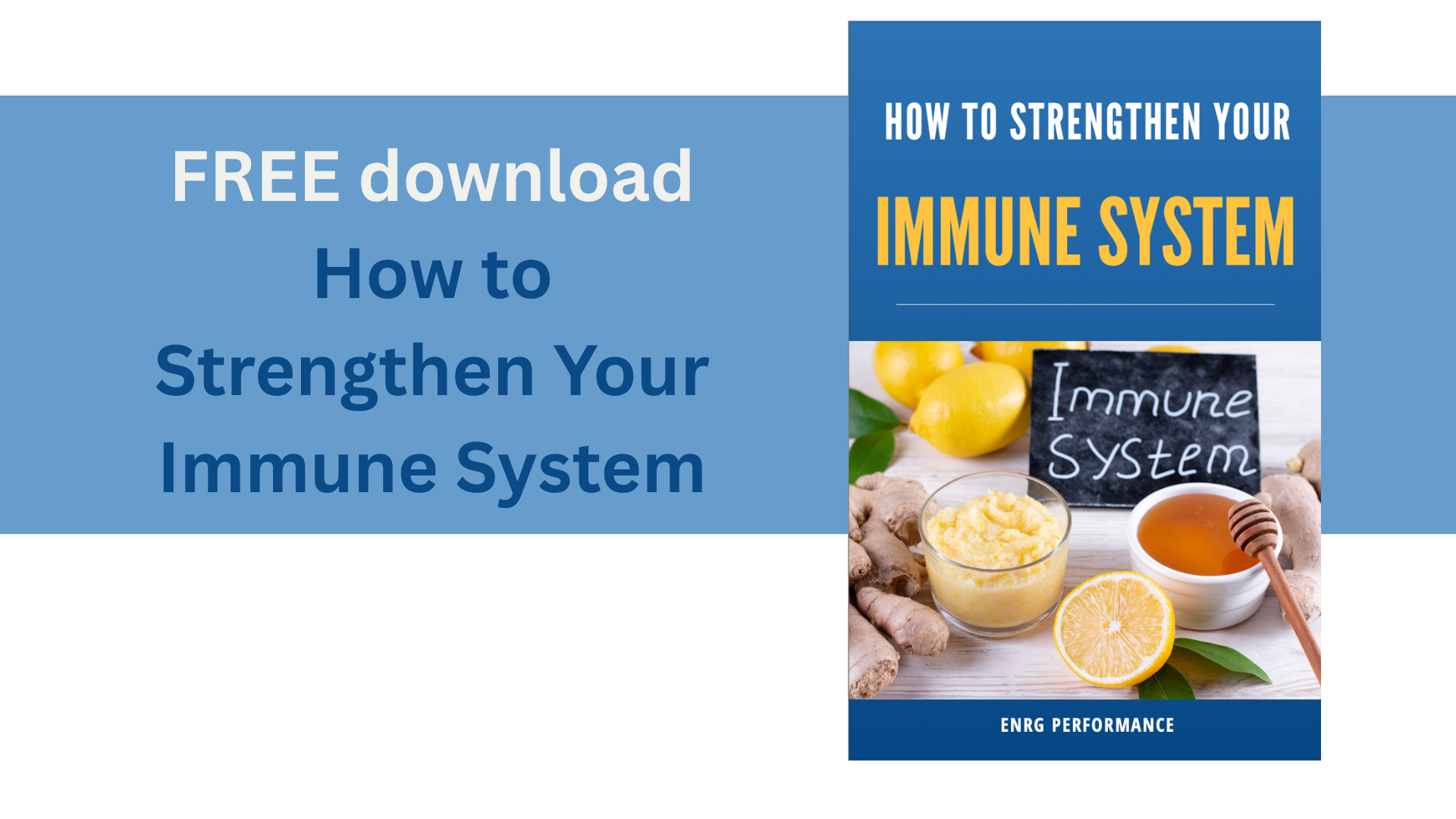Testosterone and SHBG: A Vital Aspect of Men's Health
Jan 14, 2024
Testosterone plays a pivotal role in various aspects of men's health, from maintaining muscle mass to influencing mood and libido. However, the interaction between testosterone and Sex Hormone-Binding Globulin (SHBG) adds a layer of complexity to this hormonal balance. Understanding the dynamics of testosterone and SHBG is crucial for comprehending men's overall well-being.
Testosterone, a steroid hormone produced primarily in the testicles, is responsible for the development of male reproductive tissues and the maintenance of male characteristics. It plays a central role in:
1. Muscle mass and strength
Testosterone is a key driver of muscle growth and strength development. It enhances the body's ability to synthesize proteins, crucial for building and repairing muscle tissues.
2. Bone density
Testosterone contributes to the maintenance of bone density. It helps prevent conditions like osteoporosis by stimulating bone mineralization.
3. Libido and sexual function
Testosterone is a major contributor to male libido and sexual function. It influences both the desire for sexual activity and the physiological responses needed for sexual performance.
4. Mood and energy levels
Testosterone influences mood and energy levels. Low testosterone levels are associated with fatigue, irritability, and a general decrease in overall well-being.
While most people know the significance of testosterone, not many are aware of the protein in the blood that testosterone is bound to or why this is important. Enter SHBG, or sex hormone-binding globulin.
SHBG is a glycoprotein produced primarily in the liver. Its main function is to bind to sex hormones, including testosterone and estrogen, in the bloodstream.
SHBG interacts with testosterone in the following ways:
1. Transport of hormones
SHBG acts as a carrier, transporting sex hormones through the bloodstream. It helps regulate the amount of free or unbound testosterone available to tissues.
2. Hormonal balance
SHBG plays a crucial role in maintaining a delicate hormonal balance. By binding to sex hormones, it prevents their rapid metabolism and clearance, ensuring a steady supply to target tissues.
3. Impact on free testosterone
While most testosterone is bound to proteins, a fraction remains unbound or "free." It's the free testosterone that is biologically active and able to exert its effects on tissues.
The balance between testosterone and SHBG is essential for men's health. Factors influencing this balance include age, genetics, liver health, and lifestyle choices.
1. Age-related changes
As men age, SHBG levels tend to increase, leading to a higher proportion of bound testosterone. This age-related shift contributes to the decline in free testosterone levels, impacting various aspects of health.
2. Liver health
Since SHBG is produced in the liver, liver health is crucial for maintaining optimal SHBG levels. Conditions affecting the liver can disrupt the balance between testosterone and SHBG.
3. Lifestyle factors
Lifestyle choices, such as nutrition, exercise, and stress management, can influence testosterone and SHBG levels.
The interaction between testosterone and SHBG is absolutely crucial to understand. If you would like to learn more about testosterone, SHBG and other biomarkers, be sure to check out our course, “Biomarkers for Endurance Athletes”. It is a great resource to understand the top biomarkers all endurance athletes (male and female) should have measured to better manage their health and fitness.
If you would like more information about all of the biomarker and physiological testing eNRG Performance offers, CLICK HERE to visit our testing services.
SUBSCRIBE AND WE WILL DROP SOME HEALTHY INSPIRATION IN YOUR INBOX
We hate SPAM. We will never sell your information, for any reason.







